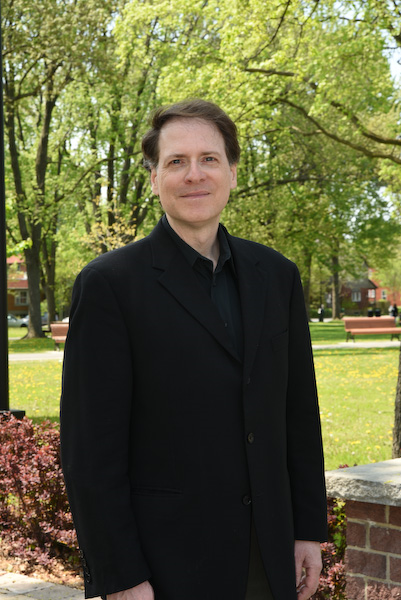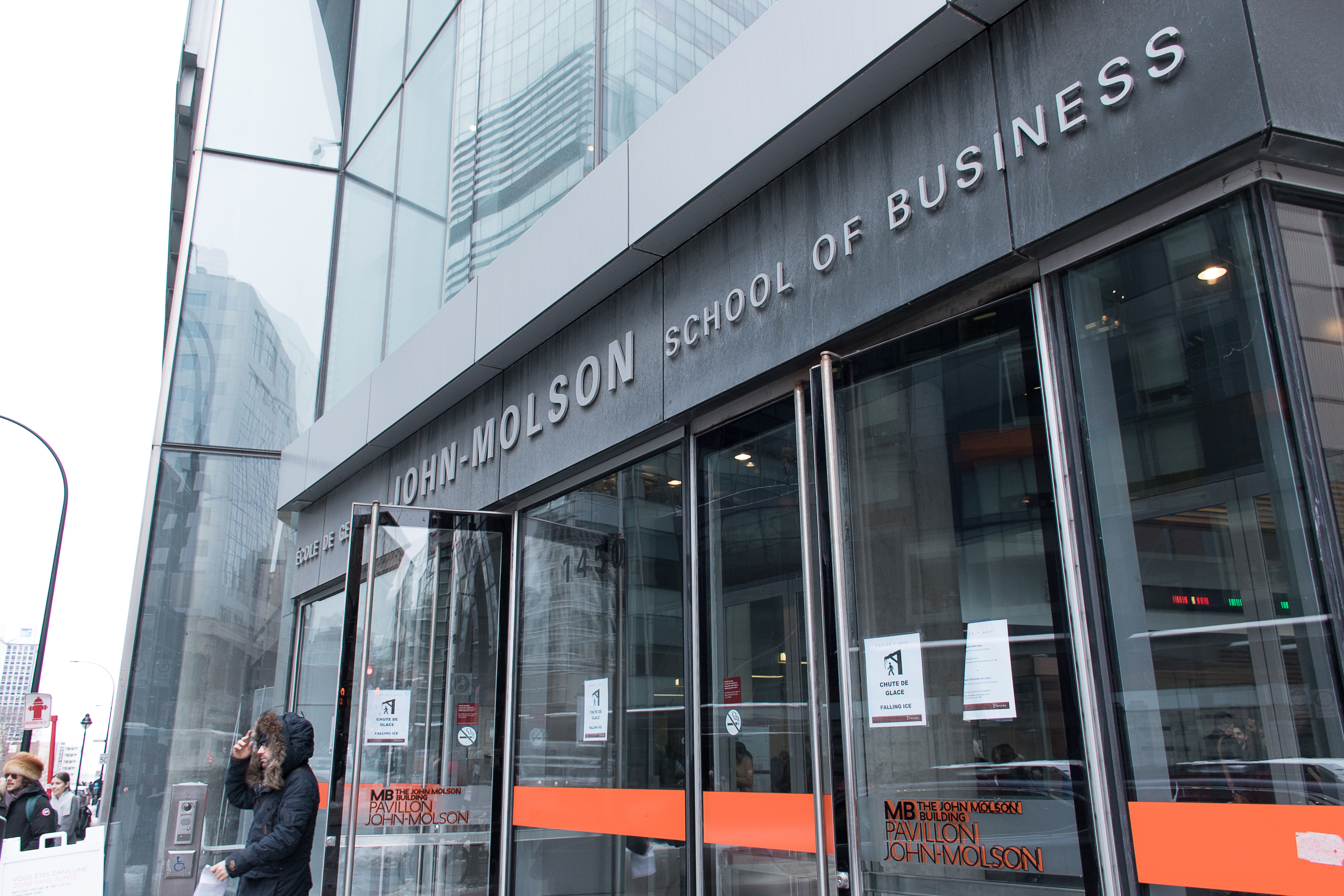An insight into the eclectic life of Concordia Professor Robert Soroka
The rain flooded the streets, as the cold, damp air crept into the hollows of my bones. It felt like I was in the British capital instead of our beloved metropolis, for the rain made everything seem grey and melancholic.
On this dreary day in October, I was dodging puddles and pedestrians because I had an interview with a legendary figure at Concordia.
When it was first announced at that we’d be starting a feature series on part-time professors, I looked at the list and randomly chose the name Robert Soroka. To be honest, I thought he had an interesting name, and I knew nothing about him.

I won’t lie, I was nervous and felt utterly unprepared to meet him. “What if I screw this up?” I thought to myself, as I walked up the staircase. For a moment, I considered fleeing from the interview, but I pushed through the anxiety and knocked on his door.
Upon meeting the professor, my nerves calmed down. We sat down and, since I’m no good at small talk, we jumped right into the interview. We decided to start from the beginning and discuss his education.
“I did my bachelor’s of commerce at McGill in marketing and management information systems,” Soroka said, as he detailed his undergrad experience. He liked business and ended up getting his first degree at the age of 20. A rarity to say in my opinion, considering students these days take their time getting their undergrad.
Following his degree at McGill, Soroka started working as a marketing analyst at a large Eastern Canadian retailer. During this period, he started his MBA at Concordia, working during the day and studying at night. By the time Soroka was in his early 20s, he had his master’s in business administration and several years of work experience under his belt.
Following his master’s degree, Soroka saw an advertisement for a teaching position for a local college and decided to apply. Applying to be a teacher marked a turning point in his career, because Soroka began to actively pursue teaching positions while continuing to work full-time.
He eventually landed two teaching positions at two different local colleges in Montreal and began teaching part-time at both institutions. “I thought the interaction with students was invigorating, and being in an academic environment was stimulating,” said Soroka, as he recounts a time when he used to work during the day as an analyst, then teach in the evening, balancing what he described as a tough and jam-packed schedule.
But another shift would soon occur, as the man decided to switch gears and enter law. Yes, you read correctly, the man began his Doctor of Jurisprudence degree, which is essentially a graduate-level law degree, at the State University of New York. Following this degree, Soroka worked within the criminal law sector in New York state for some time before returning to Montreal.
It appears Soroka always had his eye on the education field. He had the opportunity to meet with the chair of the marketing department at the John Molson School of Business while he was working full-time. He said this individual trusted him and gave him a teaching position, based on the fact that Soroka had acquired a decent amount of experience in the business world.
This job kick-started Soroka’s university teaching career at Concordia. He currently teaches courses in marketing, management and finance at JMSB, while also working at Dawson College. He stressed that, even though he’s a part-time faculty member, he contributes immensely to the community at Concordia.
“I choose to contribute and to teach, and it’s a great feeling” he said, as I tried to jot down all his involvements at Concordia. I can see clearly on his office wall that he won the distinguished teaching award in 1997, demonstrating his capabilities as an educator.
He currently has a three-year appointment on senate, sits on the hiring committee for the JMSB marketing department and previously sat on the business school’s strategic planning committee. He’s also worked with students on case competitions, is a union representative for the university and worked on developing the credit programs for the School of Extended Learning. “As part-timers, especially with a business background, there many more lucrative ways of earning a living.” he said, “but we chose to teach and to contribute.”
Apart from dabbling in law, business and education, believe it or not Soroka is also a talented playwright and thespian. He’s acted in a few plays during his lifetime, stating that he loves to communicate with audience, whether it’s through education, the law or the arts. During one play in particular, he had a lot of downtime between between practicing for every scene and he thought he “could do a better job” in terms of writing the script. So he decided to write a play of his own and he turned out to be quite talented at it. He wrote a few more including Thesis of Life, which has been produced three times, according to his website.
“How do you deal with rejection?” I asked the multitalented professor, considering I’m just about to graduate and have a bit of anxiety about my professional future. Soroka told me that, in every professional situation, you’re bound to face some sort of rejection. For someone who’s experienced a lot of highs during his diverse career, I was surprised to hear those words. He then told me that, every time he’s faced some sort of rejection, he’s used it as a learning experience, and each experience has inevitably contributed to his learning.
As I began to wrap up the interview, another revelation came out. It turns out Soroka was also a local television personality in Montreal, appearing on both CTV and Global. In between all his other activities and commitments, he submitted a demo reel and a resume to the CTV studios. A producer immediately called him and set up a lunch. He offered Soroka a spot on Montreal Today, a morning show where Soroka would act as ‘the consumer cop,’ drawing upon his expertise to provide an business analysis on a variety of topics. He met a lot of professionals during this period and also got to do some investigative journalism after a few years on the show.
Professor, lawyer, business man, playwright and television personality. Give me my asthma pump, I’m about to pass out.
After concluding the interview with the multitalented professor, I felt rather inspired and uplifted by Soroka’s stories. He is an example for the entire Concordia students and staff alike, especially when it comes to being involved in several different projects and juggling many responsibilities.
If I could take anything away from this interview, it would be a stronger motivation to get involved in the Concordia community and the proof that it is possible to have it all.




